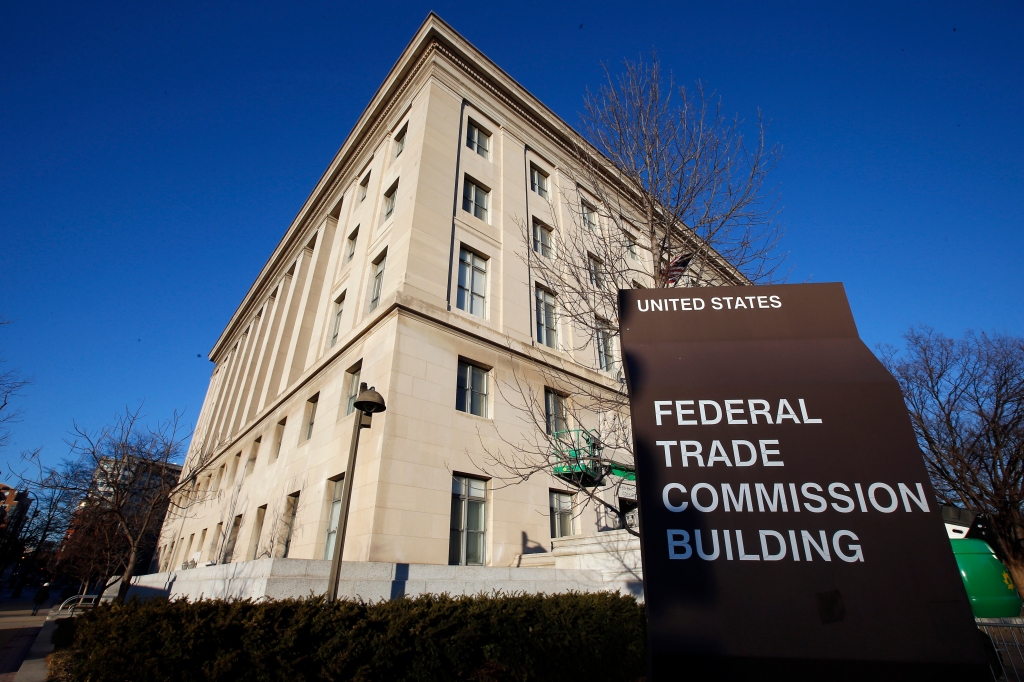Feds want Twitter’s internal Musk comms, reporter names
The Federal Trade Commission has sent more than a dozen letters to Twitter since Elon Musk took over as CEO demanding a broad array of internal communications — including the names of all reporters who got access to the so-called “Twitter Files,” House Republicans revealed Tuesday.
The FTC demands were revealed in a report by the GOP-led Select Subcommittee on the Weaponization of the Federal Government, which accused the agency of waging “an aggressive campaign to harass” the social media giant and making requests that “have no basis in the FTC’s statutory mission and appear to be the result of partisan pressure to target Twitter and silence Musk.”
The 112-page report claims that the FTC, tasked with protecting consumers from anticompetitive, deceptive or unfair business practices, inundated Twitter with “more than 350 specific demands” in fewer than three months after Musk acquired the company in a $44 billion hostile takeover this past October.
One request, according to the report, sought “[e]very single internal communication ‘relating to Elon Musk,’ by any Twitter personnel—including communications sent or received by Musk—not limited by subject matter, since the day Musk bought the company.”
Another asked for details of the creation of Twitter Blue, Musk’s controversial subscription plan for verified accounts.
At the center of the report is a Dec. 13 letter in which the FTC demanded that the company identify “all journalists and other members of the media to whom [Musk has] granted any type of access to the Company’s internal communications, Resources, internal documents and/or files”.

After Musk took over the company, he allowed select journalists to view internal communications, which were later reported on in a series dubbed the “Twitter Files.”
The reports revealed dozens of FBI and government employees actively sought to censor users for their viewpoints, including for obvious jokes and criticism of Democrats.
The “Twitter Files” also showed that the company suppressed the tweets of right-wing commentators and anti-COVID lockdown advocates by “blacklisting” their accounts, limiting the visibility of their tweets.
The Dec. 13 letter name-checked several journalists involved in producing the “Twitter Files” reports, including Matt Taibbi, Bari Weiss, Michael Shellenberger and Abigail Shrier — and asked both whether Twitter had conducted background checks on them and whether they were able to access users’ direct messages.
“There is no reason the FTC needs to know every journalist with whom Twitter was engaging,” the committee’s report said. “Even more troubling than the burden on the company, the FTC’s demand represents a government inquiry into First Amendment-protected activity. It is an agency of the federal government demanding that a private company reveal the names of the journalists who are engaged in reporting about matters of public interest, including potential government misconduct.
“While the FTC’s inquiry would be inappropriate in any setting, it is especially inappropriate in the context of journalists disclosing how social media companies helped the government to censor online speech.”
The panel’s report also notes that at least one letter from the FTC pressed Twitter for an explanation as to why former FBI general counsel Jim Baker, hired by Twitter in 2020 to be its deputy general counsel, was fired weeks after Musk’s takeover.
In December, Musk tweeted that Baker had been fired for secretly vetting internal documents related to Twitter’s suppression of The Post’s bombshell stories on Hunter Biden before giving them to reporters.
In tweets on Tuesday, Musk called the FTC’s probe into Twitter a “shameful case of weaponization of a government agency for political purposes and suppression of the truth!”
He added that the agency’s interest in the company’s communications with journalists amounted to “a serious attack on the Constitution by a federal agency.”
Read the full article Here


